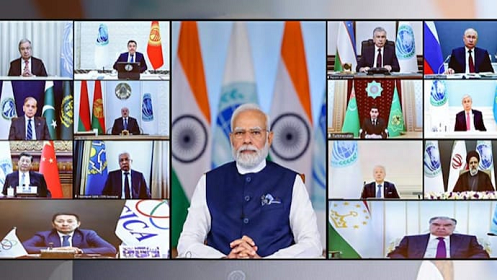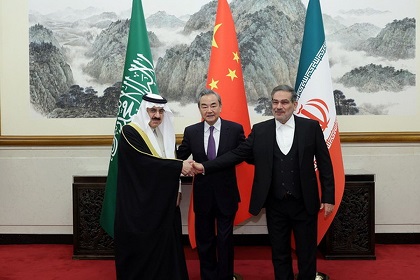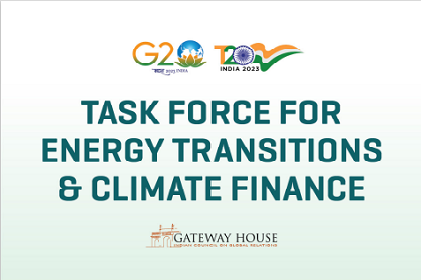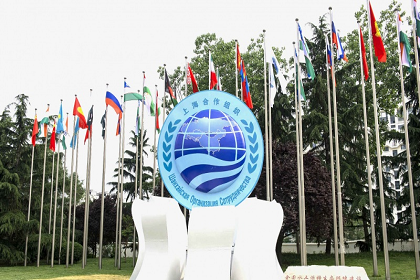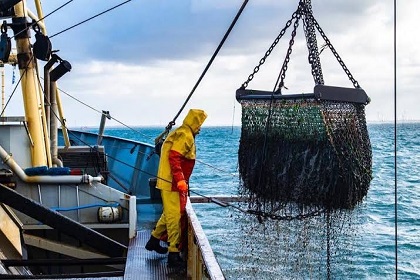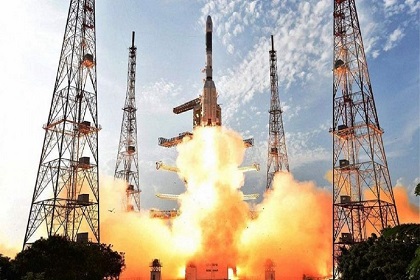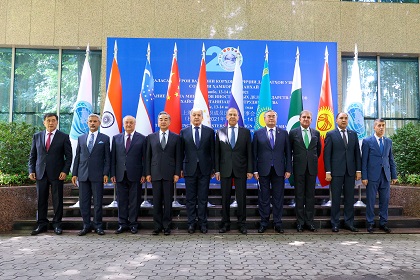China’s expanding role in the Middle East
The Maritime Silk Road, the Belt and Road Initiative, and a sizeable catalogue of agreements with actors from Kabul to Tel-Aviv have been the basis for the growing presence of China spanning the military, diplomatic, economic, and political spheres in the Middle East.


